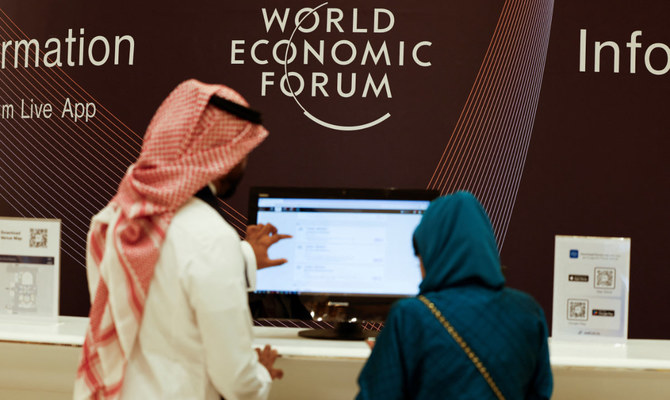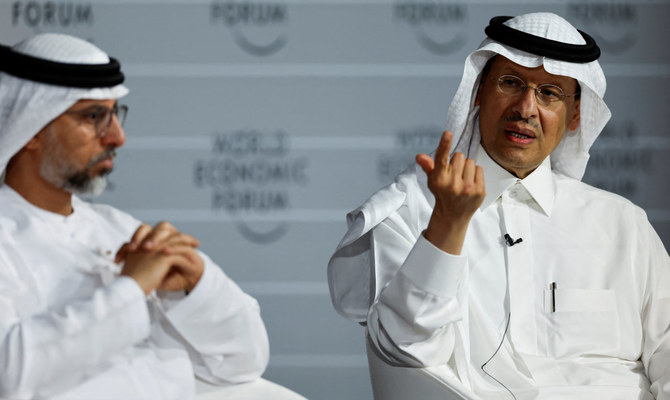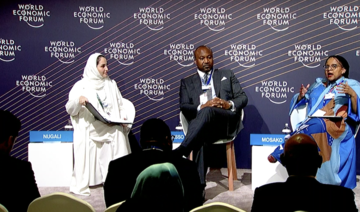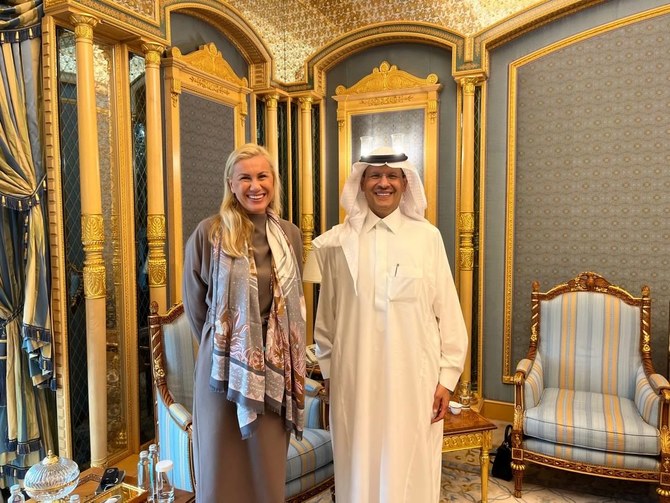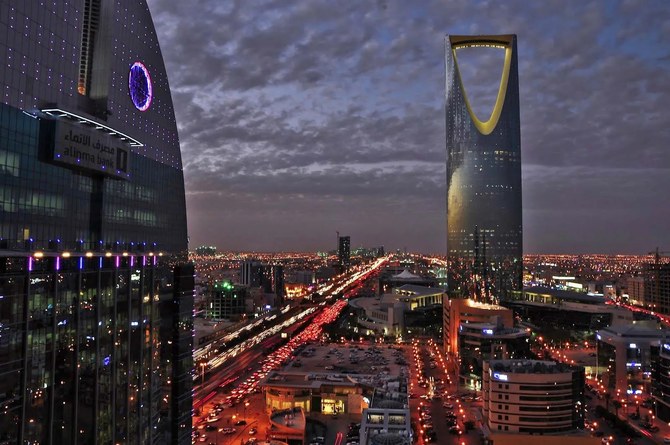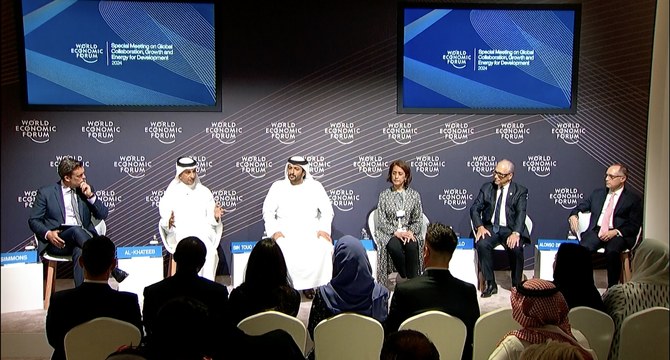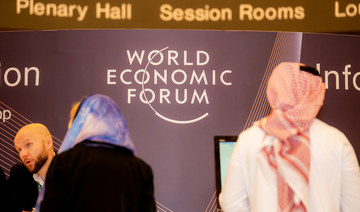DUBAI: Top Saudi Aramco officials on Sunday have announced that the company has received approval to publicly list shares at the Kingdom’s stock exchange, the Saudi Tadawul.
“Saudi Aramco has received the confirmation from Saudi Tadawul to list ... it will start the official IPO (process),” Yasir Othman Al-Rumayyan, Chairman of Saudi Aramco and Governor of the Public Investment Fund, said during a press conference in Dhahran.
“The biggest shareholder will be Saudi … One thing has not changed about the company, its constant desire for growth and expansion,” Rumayyan said. “Today, because of the IPO, new people can reap the benefits of Saudi Aramco.”
Rumayyan also said that: “Aramco’s listing in Tadawul shows that our country has become more attractive to international investors.” He added that there are no current plans for a foreign share listing and the shares offering would be limited to the Tadawul for now.
Rumayyan, responding to reporters’ questions, also said that the percentage of foreign/local investors was yet to be determined. “The percentage of local and international investors will be set later … after we are done with the public offering,” he said.
The offering price was also still to be determined, Rumayyan added.
Amin H. Nasser, the President and Chief Executive Officer of Saudi Aramco, meanwhile said: “Today the company … makes a new step to offer chances for Saudi nationals and others to own shares in Aramco.”
He also described the company’s research activities, which was “focused on advancing the technologies we use for filtration and creating more green technologies for oil filtration.”
Nasser also mentioned the company’s intention to declare cash dividends of at least $75 billion.
An Aramco document stated: “Subject to the Board’s discretion after consideration of a number of factors, the Board intends to declare aggregate ordinary cash dividends of at least $75 billion with respect to calendar year 2020, in addition to any potential special dividends,” Aramco said.
“In addition, to the extent that the Board determines that the amount of any quarterly cash dividend declared with respect to calendar years 2020G through 2024G would have been less than $0.09375 per Share (based on 200,000,000,000 Shares outstanding) but for the Government forgoing its rights to such dividend as follows, the Government will forgo its right to receive the portion of cash dividends on its Shares equal to the amount necessary to enable the Company to first pay the minimum quarterly cash dividend amount described above to holders of Shares other than the Government,” the document said.
“The remaining amount available for distribution with respect to such quarter as determined by the Board in its discretion will then be distributed to the Government.”
Aramco’s share price, number of shares to sold and the percentage of shares to be sold will be determined at the end of the book-building period, the oil giant said. The share offering will be open to individual and institutional investors but “subject to restrictions on the sale, disposition or issuance of additional shares, the details of which will be provided in the prospectus.”
The share offering would be in two tranches: one for institutional subscribers eligible to participate in the book-building process and another for individual investors comprise of Saudi Arabian nationals, non-Saudi individuals who are residents in the Kingdom and any GCC national.
“An eligible retail bonus investor who has been allotted shares and continuously and uninterruptedly holds the allotted shares for 180 days from (and including) the first date of trading and listing on the exchange will be eligible to receive one share for every 10 allotted shares so held, up to a maximum 100 bonus shares,” Aramco said.
“An eligible bonus investor would be entitled to receive up to a maximum of 100 bonus shares only.”
The Aramco document pegged the company’s revenue as of the third quarter to $244 billion; net income at $68 billion and a free cash flow of $59 billion. Its capex was listed at $23 billion as of the nine-month period.
Saudi Arabia’s Capital Market Authority (CMA) earlier on Sunday issued a statement saying Saudi Aramco’s application for the registration and offering of part of its shares has been approved.
Aramco’s prospectus will be published prior to the start of the subscription period, a statement from the CMA said.
The prospectus includes all relevant information that the investor needs to know before making an investment decision, including the company’s financial statements, activities and management.
The Capital Market Authority Announces the Approval on the Initial Public Offering of the Saudi Arabian Oil Company’s Shares.https://t.co/ACMiPBuo86
— Capital Market Authority (@SaudiCMA_En) November 3, 2019
The CMA’s approval on the application is valid for 6 months from the CMA Board resolution date, and would be deemed cancelled if the offering and listing of the Aramco’s shares are not completed within this period.
The CMA in its statement said, “a subscription decision without reading the prospectus carefully or fully reviewing its content may involve high risk. Therefore, investors should carefully read the prospectus, which includes detailed information on the company, the offering and risk factors.
“Thus, providing potential investors the ability to evaluate the viability of investing in the offering, taking into consideration the associated risks. If the prospectus proves difficult to understand, it is recommended to consult with an authorized financial advisor prior to making any investment decision.”
The regulatory agency added that approval on the application should “never be considered as a recommendation to subscribe in the offering of any specific company.”
“The CMA’s approval on the application merely means that the legal requirements as per the Capital Market Law and its Implementing Regulations have been met,” it said.




